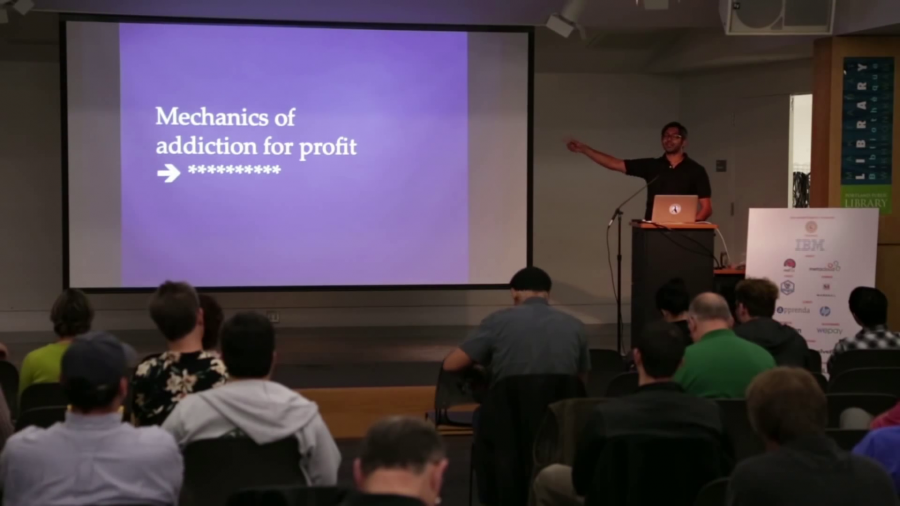There are these two basic fundamental fears, these ur-fears that are rippling through our societies. The first is the fear of complexity, and the second is the fear of change.
Archive
Historians get really nervous about patterns. That’s changing a bit now. And the truth of it is there’s not much way to avoid the 500-year cycle. You almost have to work too hard to unsay it, it’s so obviously there in every way. And if you say every 500 years we go through one, then you immediately say we’re in the 21st century and baby are we going through one.
When you talk about learning and traditional educational styles, there’s this very common inclination to try and force information upon people rather than having them just kind of discover it of their own volition or discover it by accident.
There are all of these wonderful laws that people have discovered and refined and proposed and proved over the years. And some of these laws can apply to the software projects and the teams and the communities that we work in every day.


